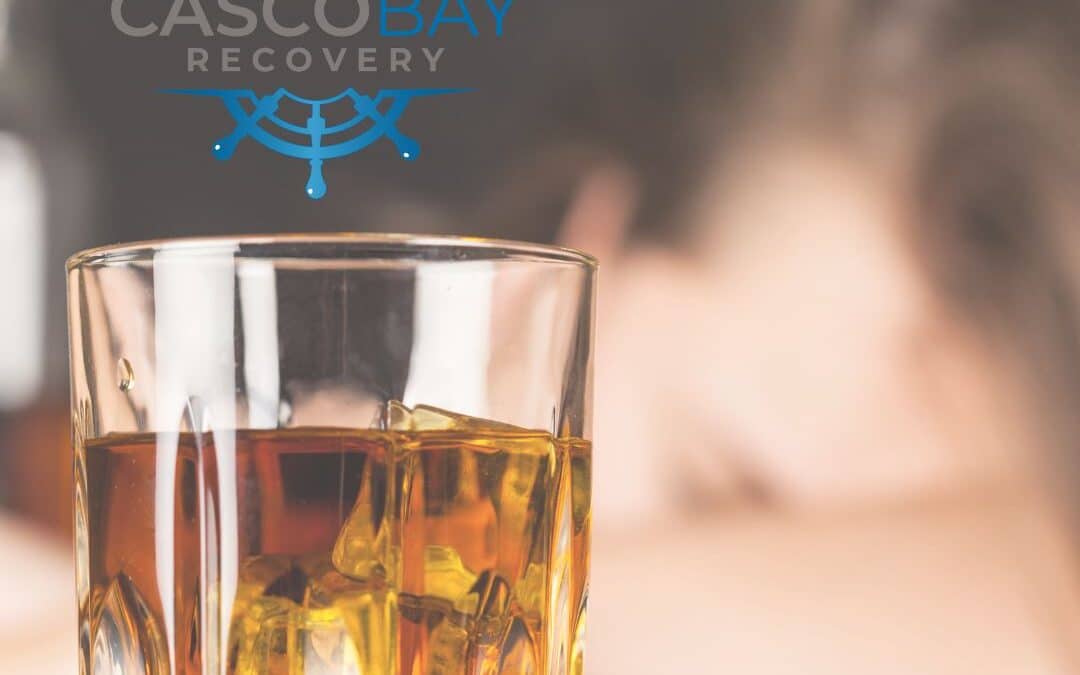In the tight-knit fabric of Maine’s small communities, discussing and addressing substance abuse requires sensitivity and a well-considered approach. The prevalence of substance abuse in Maine small communities calls for strategies that not only confront the issue effectively but do so in a way that preserves the dignity and respect of individuals. This article explores how communities can discuss and treat addiction without perpetuating stigma, ensuring that every conversation and intervention is imbued with understanding and compassion.
Understanding Substance Abuse in Maine’s Small Communities
The Scope of the Issue
In the quaint yet isolated small communities across Maine, the battle against substance abuse presents unique and complex challenges. The tightly woven social fabrics of these areas often mean that every personal struggle is potentially visible to everyone, which can significantly inhibit open discussions about addiction. Driven by a fear of social repercussions or profound misunderstandings, many individuals may choose to suffer in silence rather than seeking the help they desperately need. Nevertheless, it is crucial to acknowledge that recognizing the signs of substance abuse and understanding the underlying factors that contribute to its prevalence are the first critical steps towards initiating healing and recovery processes. By addressing these issues openly, communities can begin to dismantle the barriers to effective dialogue and support.
The Impact of Stigma
Moreover, the impact of stigma in these small settings can deeply intensify feelings of shame and isolation for those grappling with addiction. This stigma acts as a formidable barrier, making it significantly more difficult for affected individuals to reach out for help. In environments where everyone is familiar with each other, the fear of being labeled and subsequently ostracized is pervasive. Many individuals may consequently avoid seeking the necessary support services, as the prospect of being stigmatized is often seen as more daunting than the addiction itself. Therefore, it is essential to consciously shift the narrative from one of judgment and misconception to one of empathy, understanding, and community support. Such a shift not only helps in reducing the stigma associated with addiction but also paves the way for a more supportive and inclusive approach to tackling substance abuse in Maine’s small communities.
Strategies for Discussing Addiction Without Stigma
Education and Awareness
Firstly, educating the community about the nature of addiction as a medical condition is absolutely fundamental. To effectively change perceptions and foster a more supportive environment, it is imperative that educational initiatives be robust and widespread. Workshops, school programs, and community meetings can be instrumental in this regard. By integrating valuable resources from Casco Bay Recovery, which thoroughly elucidate the nature of addiction, these educational efforts can greatly enhance community understanding and empathy. Moreover, such programs not only inform individuals but also equip them with the knowledge to support their peers, thereby creating a more inclusive community atmosphere.
Promoting Open Dialogue
Secondly, promoting open dialogue is critical in demystifying the subject of addiction and reducing the associated stigma. Creating safe spaces where individuals feel comfortable to share their experiences and challenges with addiction can significantly impact how the community perceives and reacts to this issue. Community forums, support groups, and even social media platforms can serve as vital platforms for these discussions. Furthermore, by encouraging the sharing of stories of recovery and resilience, these dialogues can profoundly change the community’s outlook on addiction and recovery. These stories not only provide hope and inspiration but also showcase the reality that recovery is achievable and that the community can play a supportive role in this journey. By fostering such open and supportive environments, communities can move towards a more understanding and stigma-free approach to discussing addiction.
Treatment Options in Maine’s Small Communities
Accessible and Inclusive Treatment Programs
First and foremost, ensuring that treatment options are accessible and cater to the unique needs of small communities is crucial. Casco Bay Recovery excels in this area by offering a range of treatment programs that are meticulously tailored to meet individual needs, with a strong emphasis on maintaining privacy and respecting all clients . These programs are designed not only to be accessible but also to integrate seamlessly into the fabric of small community life, ensuring that everyone who seeks help can do so comfortably and without fear of stigma.
Integrating Family and Community Support
Moreover, in small communities, the role of family and community is pivotal in the recovery process. Programs that incorporate family counseling and community support mechanisms can significantly enhance the effectiveness of treatment. These initiatives help in the reintegration of recovering individuals into society, providing a network of support that reinforces recovery efforts. By involving the family and community, these programs not only support the individual but also educate and engage the wider community, fostering a more supportive environment for recovery.
Success Stories and Community Involvement
Highlighting Local Success Stories
Furthermore, sharing success stories from within the community can powerfully inspire others and illustrate the positive outcomes of addressing addiction in an open and supportive manner. These narratives serve as potent testimonials to the efficacy of community-based approaches in managing substance abuse. They highlight the real-world success of local individuals who have navigated the path to recovery, providing relatable and motivating examples for others who might be facing similar challenges.
Community Involvement in Recovery
In conclusion, addressing substance abuse in Maine’s small communities with compassion and understanding is not merely possible—it is essential. By adopting strategies that promote education, open dialogue, and community involvement, these communities can effectively overcome the challenges of addiction without stigma. Through collective efforts and the supportive resources provided by Casco Bay Recovery, Maine’s small communities can transform the way they handle substance abuse, paving the way for healing and resilience. This collective approach ensures that recovery is not just an individual journey but a communal movement towards a healthier future.
References and Further Reading
- Understanding Addiction as a Disease
- Casco Bay Recovery Treatment Programs
- National Institute on Drug Abuse – Learn more about the science of addiction and recovery.
- SAMHSA’s National Helpline – Confidential free help, from public health agencies, to find substance use treatment and information.
For more insights and detailed discussions on substance abuse in Maine’s small communities, consider exploring other relevant articles and resources provided by Casco Bay Recovery. Together, we can foster a community that supports recovery through understanding and action.








